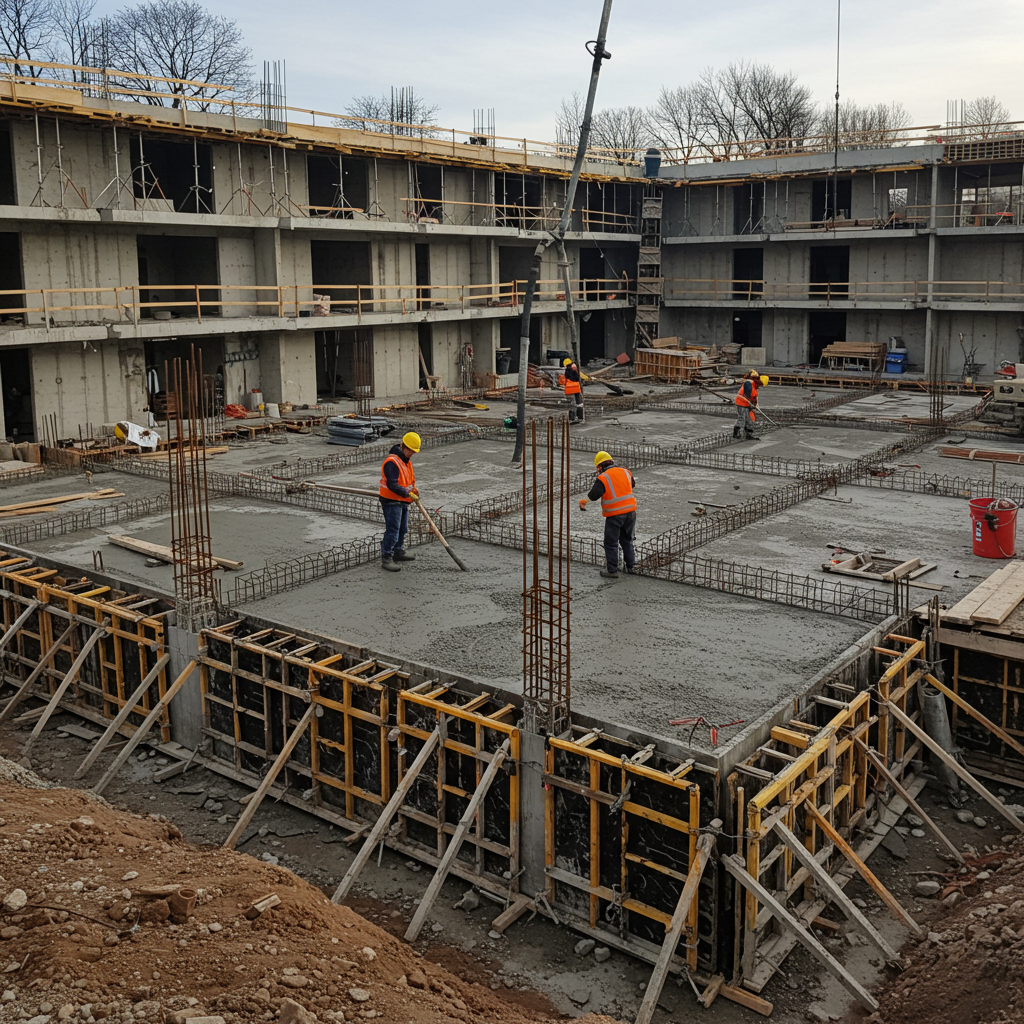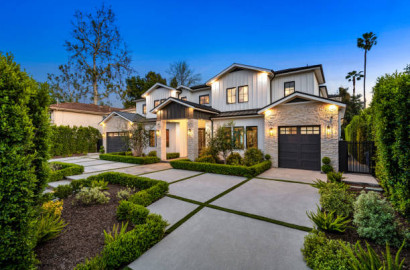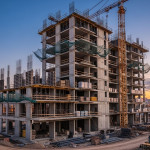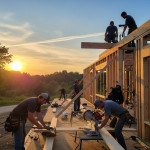
For many Nigerians, owning a home is one of life’s biggest dreams. It represents stability, pride, and security for the future. But as exciting as it sounds, the journey of building a house in Nigeria is not as simple as buying land and laying blocks. If you go into it blindly, you may encounter legal troubles, financial strain, or even lose your investment entirely.
Whether you are building in Lagos, Abuja, Port Harcourt, or any other part of the country, there are some important things you need to know before you begin.
Verify Land Ownership Thoroughly
One of the most common mistakes people make is buying land without proper verification. Too many people have been scammed into purchasing land that either belongs to someone else or has been acquired by the government. Before you pay for any land, ensure you:
Confirm the title documents at the state land registry.
Hire a surveyor to clearly map out the boundaries.
Engage a reliable lawyer who will review the documents before you commit.
This step may feel tedious, but it will save you years of stress. In Nigeria, “word of mouth” or assurance from agents is never enough—your documents must be solid.
Budget Beyond the Land Purchase
Many aspiring homeowners underestimate the actual cost of building. Buying land is only the first stage. After that, you will need funds for surveys, legal documentation, architectural designs, and government approvals. And that’s before you even start laying the foundation.
Construction costs also fluctuate due to inflation and the rising prices of cement, rods, and labor. A smart move is to create a budget that includes at least 20–30% extra to cover unexpected expenses. This prevents your project from stalling midway.
Secure Building Plan Approval
Every state in Nigeria has an urban and regional planning authority responsible for approving building plans. Skipping this step is risky. Without an approved plan, you could face heavy fines, delays, or in extreme cases, see your building marked for demolition. Approval ensures that your structure is safe, legal, and compliant with zoning regulations.
Location Matters More Than You Think
It’s tempting to jump at cheap land deals, but location should always guide your decision. Consider accessibility—are the roads motorable? Is the area prone to flooding? What about security and proximity to schools, markets, or your workplace?
Land in swampy or underdeveloped areas often appears cheaper, but the hidden costs of filling the land or living far from essential services can outweigh the initial savings. Think long-term value, not just short-term affordability.
Work with Trusted Professionals
The Nigerian construction sector is filled with both skilled and unskilled workers. To avoid costly mistakes, you need the right team: a qualified architect to design, a structural engineer to ensure stability, and experienced builders to execute the plan. Cutting corners by using untrained labor might save you money at the start, but it often results in weak structures and higher repair costs later.
Understand Materials and Plan for Utilities
Prices of building materials in Nigeria change frequently. Keeping track of these costs helps you make informed decisions and prevents your budget from spiraling out of control. You may also want to explore cost-saving alternatives like interlocking blocks or prefab solutions.
Equally important is planning for utilities early. Boreholes, septic tanks, electricity connections, and drainage systems should not be afterthoughts. Including them from the beginning saves time and prevents redesigns later on.
Be Prepared for Delays
Even with perfect planning, building in Nigeria often takes longer than expected. Weather conditions, material shortages, and labor challenges can slow down progress. Patience is key. It is better to complete your project carefully and correctly than to rush and regret later.
Conclusion
Building your own house in Nigeria is a major achievement and a valuable investment. But it is also a journey that requires diligence, planning, and patience. Verify your land, budget realistically, get the right approvals, and work with trusted professionals. When you do, you not only secure a roof over your head but also protect your financial future.
Related posts:
It usually starts as a simple question, the kind people ask casually but think about deeply. Do you buy a car to make life easier now, or land to secure something bigger for the future? Both feel important. Both cost...
At some point in the home-buying journey, almost everyone faces the same quiet dilemma. Do you choose the order and structure of an estate, or the freedom and independence of a standalone house On the surface, the decision looks simple....


 Land or Car: Which One Should You Buy First?
Land or Car: Which One Should You Buy First?
 Living In An Estate vs Standalone Houses: Which One Is Actually Better?
Living In An Estate vs Standalone Houses: Which One Is Actually Better?
 Why Many People Start Building and Never Finish
Why Many People Start Building and Never Finish
 Should You Buy a Home or Build One? A Complete Guide to Making the Right Decision
Should You Buy a Home or Build One? A Complete Guide to Making the Right Decision
 The Best Places to Live in Lagos
The Best Places to Live in Lagos